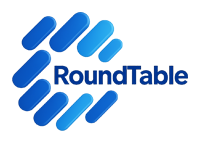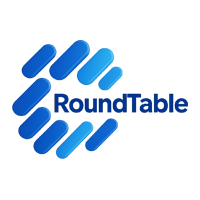Mock Interviews: Why They Matter and How to Make the Most of Them
July 15, 2025
Job interviews can be nerve-wracking — especially when a lot is riding on the outcome. That’s where mock interviews come in. Practicing your interview skills in a simulated environment can help you identify strengths, refine your responses, and boost your confidence before the real thing.
Whether you're a recent graduate or a seasoned professional, mock interviews are one of the most powerful ways to prepare effectively. Here’s everything you need to know.
What Is a Mock Interview?
A mock interview is a practice interview that simulates a real job interview scenario. It can be conducted by a career coach, mentor, colleague, or even virtually with an AI or mock interview tool.
The goal is to:
Rehearse answering common and role-specific questions
Get feedback on your communication, posture, and delivery
Familiarize yourself with the interview format (in-person or virtual)
Why You Should Do a Mock Interview
Here are 5 reasons mock interviews are worth your time:
- Reduce Nerves
Practicing helps make the real interview feel less intimidating and more familiar. - Sharpen Your Answers
You’ll learn which responses are strong, which need more detail, and where you’re rambling or repeating yourself. - Improve Body Language & Eye Contact
A mock setting gives you the chance to focus on non-verbal cues that matter as much as your words. - Test Your Tech Setup (for virtual interviews)
You can check lighting, camera angle, microphone, and internet connection in a no-pressure environment. - Get Constructive Feedback
A good mock interviewer will point out blind spots you may not be aware of — and give you specific ways to improve.
How to Set Up a Mock Interview
You don’t need a formal setup — but structure helps. Here’s how to prepare:
- Choose the Right Person
Ask a mentor, recruiter, or colleague with interview experience. If not, even a friend can help if they stick to a script. - Provide Context
Share the job description and your CV so the interviewer can ask relevant questions. - Set a Timer
Keep the mock interview realistic — 30 to 45 minutes is a good target. - Record It (Optional)
Recording the session allows you to review tone, filler words, posture, and other cues you might not notice live. - Ask for Honest Feedback
After the mock interview, ask:
- "What did I do well?"
- "Where did I lose clarity or confidence?"
- "Was anything unclear, too vague, or off-topic?"
Example Questions to Include in a Mock Interview
- "Tell me about yourself."
- "Why do you want this job?"
- "Describe a time you overcame a challenge at work."
- "What are your strengths and weaknesses?"
- "How do you handle tight deadlines or pressure?"
Include technical or role-specific questions based on the job you're applying for.
Tips to Get the Most from a Mock Interview
- Treat it seriously — dress professionally, show up on time, and respond as if it were real.
- Use the STAR method for behavioral questions (Situation, Task, Action, Result).
- Take notes during feedback and adjust your approach accordingly.
- Repeat the process until your answers feel natural and confident.
Final Thoughts
A mock interview isn’t just practice — it’s preparation with purpose. It gives you a safe space to refine your message, sharpen your delivery, and calm your nerves before the real opportunity arises.
Whether you're preparing for your first role or a leadership position, investing an hour in a mock interview can give you a major edge.





